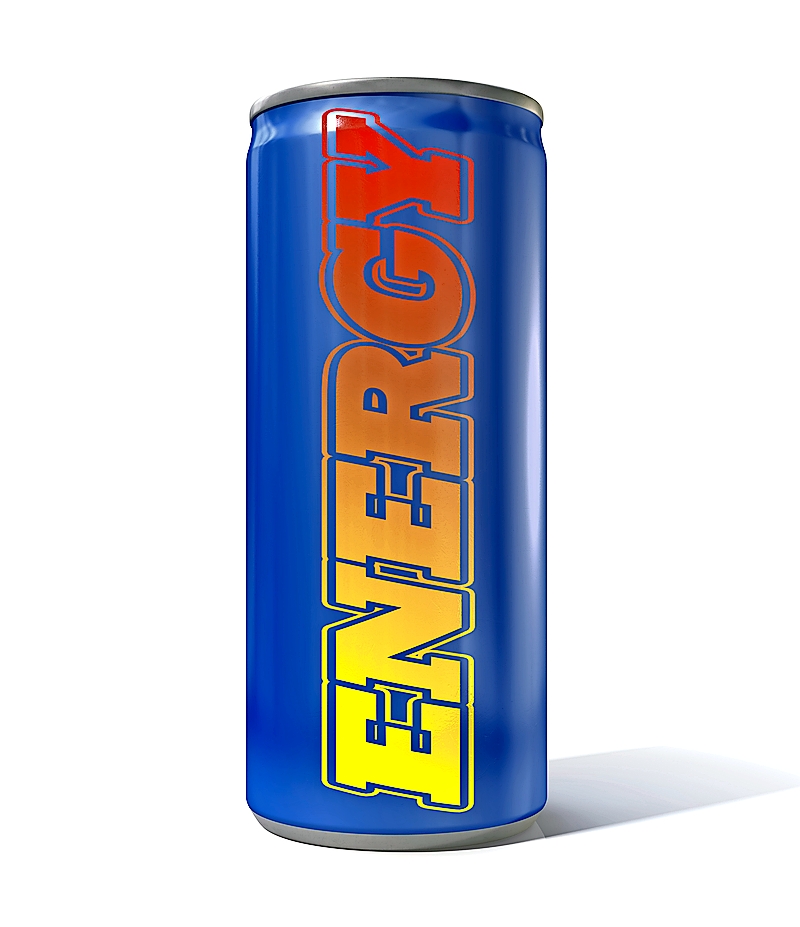Fatigue Fighters—The Hidden Ingredients in Energy Drinks
By Mary Kay Kleist
June 2015 View more Health & Fitness
 Whether you’re working extra hours at the office, or gearing up to cram all night for an exam, you may find yourself reaching for an energy drink to keep you going. Now, more than ever, these drinks are easy to find, from gas stations to high-end grocery stores, the choices seem endless.
Whether you’re working extra hours at the office, or gearing up to cram all night for an exam, you may find yourself reaching for an energy drink to keep you going. Now, more than ever, these drinks are easy to find, from gas stations to high-end grocery stores, the choices seem endless.
Caffeine Kick
These drinks contain high doses of caffeine that stimulate both the cardiovascular and central nervous system. Caffeine amounts can vary from 80 milligrams to more than 500 milligrams. As a comparison, there are about 100 milligrams of caffeine in a 5-ounce cup of coffee and 50 milligrams in a can of soda. Energy shots are concentrated forms of energy drinks, such as 5-Hour Energy. Besides the energy boost, these products promote increased weight loss and enhanced physical and mental performance.
For most healthy people, experts say it’s generally okay to have small amounts of caffeine, such as that found in a cup of coffee. However, large doses (400+ milligrams) can be dangerous. “Energy drinks have been shown to increase blood pressure, increase your heart rate, promote panic attacks and anxiety,” said Toni Havala, registered dietitian at Edward Hospital. Studies show that excessive amounts can get you into trouble. In 2011, research by the Substance Abuse and Mental Health Services Administration found that more than 20,000 emergency room visits in the U.S. involved energy drinks. In that study, more than half of energy drink related visits were due to energy drinks alone. Other cases resulted from mixing those drinks with alcohol or other stimulants.
Booming Business
Energy drinks are a multi-billion dollar a year business. Now there are more selections beyond Red Bull and Monster. Some energy drinks even claim to offer a healthy energy boost. Cruise the aisles at Naperville’s Whole Foods, and you’ll see plenty of choices of energy beverages. The best sellers are Guayaki Yerba Mate, Sambazon-Amazon Energy, and Blue Sky Energy Drinks. “Whole Foods Market shoppers love the idea that there are no artificial flavors, colors, preservatives, or high fructose corn syrup in our energy drinks,” said Jessica Bringas, registered Dietitian and eating healthy specialist at Whole Foods. “These beverages do more than give people a boost. For example, beverages from Guayaki are not energy drinks in the traditional sense; they contain naturally occurring caffeine from a type of leaf called Yerbe Mate. In addition to boosting energy, Yerbe Mate is packed with a variety of vitamins, minerals, and antioxidants,” said Bringas. “With no hidden ingredients, our shoppers know exactly what they’re sipping.”
Key Ingredients
But experts warn that you still have to keep an eye on sugar and caffeine levels. “Keep in mind that ‘natural’ and ‘healthy’ have very loose, if no legal definition, so almost any product can make those claims. Some beverages state they are natural because they do not use GMO’s, are gluten free, or vegan. But almost all energy drinks are gluten free and vegan,” said Havala. Many of the ‘natural’ drinks use green and black tea as their caffeine source. The drinks also typically contain added vitamins and herbs such as ginseng but do not always contain added amino acids like taurine.
A ‘Natural’ Energy Boost
If all the energy drink choices and ingredients have you confused, there might be a healthier way to get your much needed energy boost. “One of the biggest things Americans need to do is get more sleep. Adults need 7-8 hours of sleep per night and teens need 8-9 hours. Diet also plays a big role in your energy level,” said Havala.
If you’re craving a caffeine kick, expert say you might be better off sticking with a good old fashioned cup of Joe. “Definitely! Drinking coffee has been shown to decrease the risk of Parkinson’s Disease, Type 2 diabetes, liver disease (including liver cancer), decrease depression, and overall mortality,” said Havala.
Experts say the best advice is to read labels and carefully monitor your caffeine levels.


